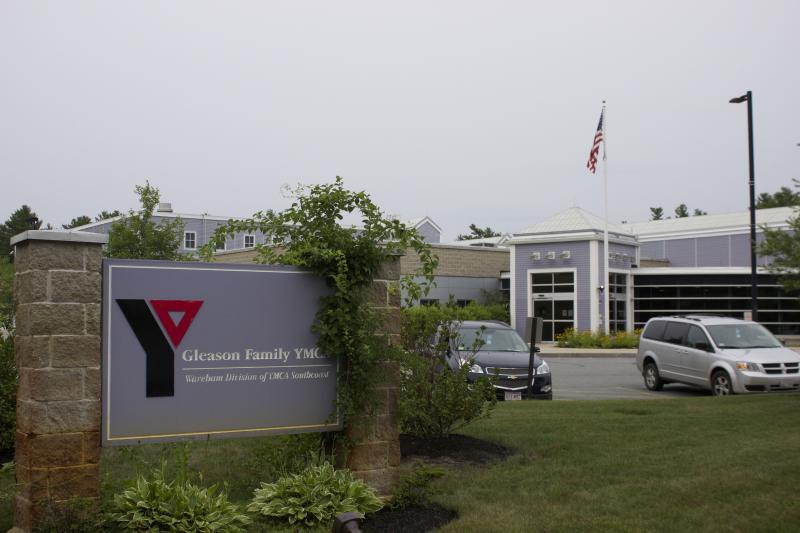YMCA helps those at risk for diabetes find their healthy path
It's only been 10 weeks, but Gleason Family YMCA Senior Wellness Director Lu Brito has already received calls from some of his first diabetes group members’ physicians.
“I’ve already had four physicians for people in the class call and say, ‘What are you doing? Whatever you are doing, it’s working,’” Brito said.
“It” is the year-long diabetes program at the YMCA, called the YMCA Diabetes Prevention Program, in which 10 people are currently enrolled, which meets every week, for the time being. After week 16, the class will meet every month.
The program is designed for adults who meet the clinical criteria of pre-diabetes, and has been used by 30,000 people in 165 different YMCAs. It's a preventative program for diabetes, a disease that currently affects one in three adults in the country.
Program Coordinator Dara Midwood explained that the program uses a curriculum approved by the Centers for Disease Control, and is a part of the CDC’s national campaign against diabetes. She said the course, which includes a year-long membership at the YMCA, has two goals: to have the participants lose 7 percent of their body weight, and build up to at least 150 minutes of moderate physical activity per week.
“Moderate physical activity … is equivalent to brisk walking,” Midwood said. “It’s not like they have to run a marathon.”
Midwood sees the goals as very attainable, and has already seen progress within the group, who have already lost 4.2 percent of their collective body weight. She said this puts them “right on target.”
“Someone in the program just sent me a text this morning. He has lost 2.4 percent of his body weight already,” Midwood said. “He said, ‘The class has helped me to objectively understand my food and activity choices, and has given me the tools and practice to make healthy lifestyle changes.’”
Brito said the program is run by a lifestyle coach, but is not strictly structured. The coach facilitates and guides the discussions, but participants are encouraged to talk about their journeys and find solutions among themselves if they encounter problems.
“Instead of looking [to us] for answers, look from within, from within the group,” Brito said. “When [people] take ownership of things, they are more apt to follow them.”
Classes start with a weigh-in, and a collection of the participants’ journals, followed by class discussion of the previous week’s lessons. Participants discuss what they found successful, as well as the barriers they encountered. Brito said talking about successes and barriers is helpful, because “what may be a success for one person may be a barrier for someone else.”
But the program is not without its challenges, Brito said. Tracking calories and physical activity is one, but another is the idea of success over failure.
“They come in with a preconceived notion that they are going to fail again, because they have tried so many things,” Brito said. “It’s a journey we are going on together, and whatever barriers you have faced in the past … we can move past that.”
Individuals may find out if they are at risk for diabetes, and thereby eligible for the class, by taking a short risk assessment test available on the YMCA’s website. For more information, or to enroll in the program, e-mail Senior Wellness Director Lu Brito at lbrito@ymcasouthcoast.org, or call him at 508-295-9622, ext. 17.












